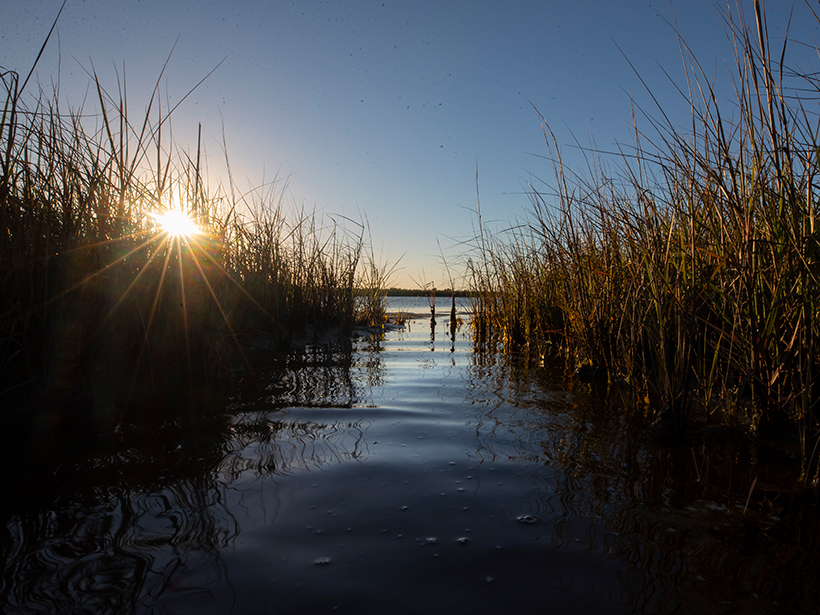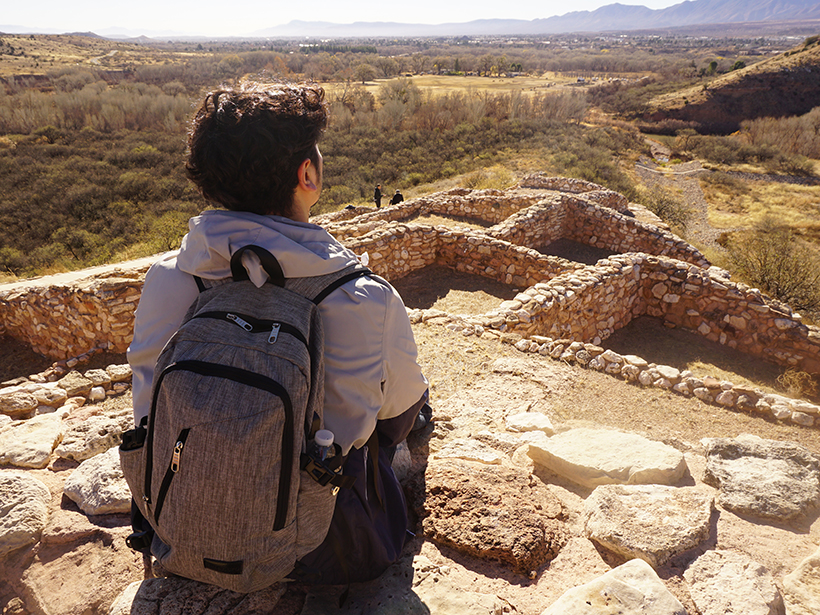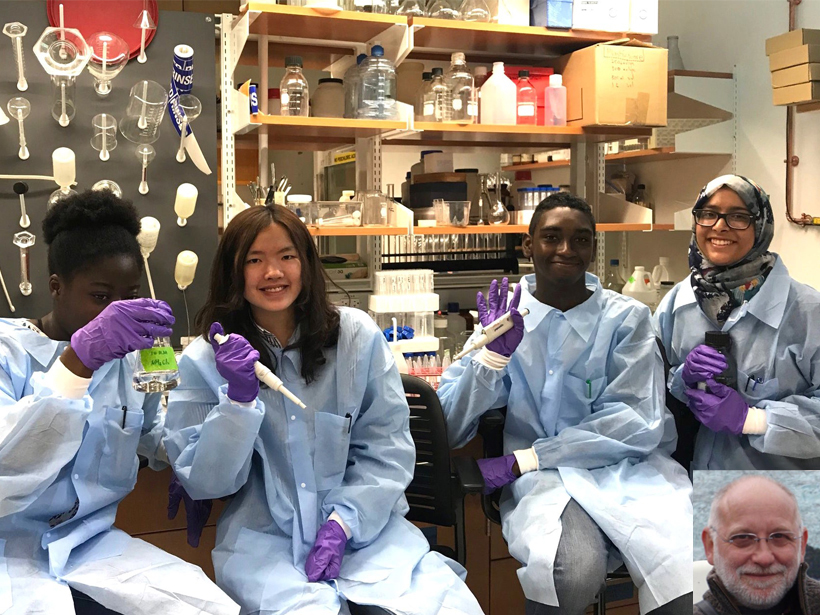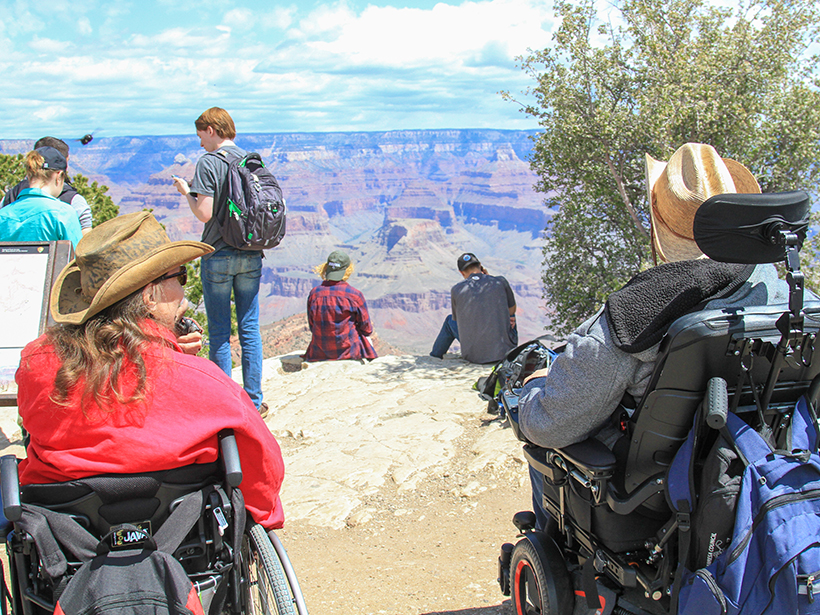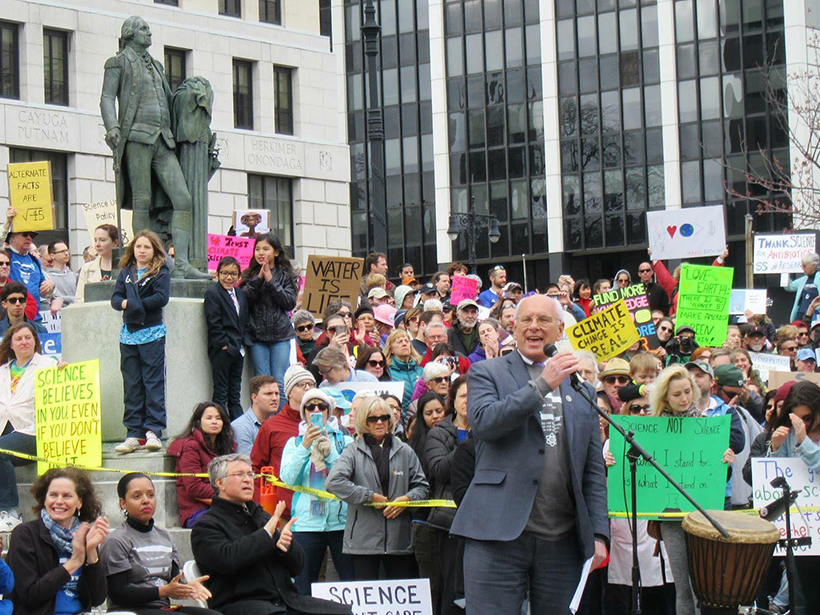Nonperennial rivers are a major—and growing—part of the global river network. New research and science-based policies are needed to ensure the sustainability of these long-overlooked waterways.
Opinion
New Clean Water Act Rule Leaves U.S. Waters Vulnerable
A revised definition of which waters can be protected from pollution by the federal government ignores established science.
Scientific Meetings for All
Two organizations found ways to be more intentional about encouraging participation by a diverse spectrum of attendees at scientific meetings—the scientific community can learn from their experiences.
Australia, Your Country Is Burning—Dangerous Climate Change Is Here With You Now
I am a climate scientist on holiday in the Blue Mountains, watching climate change in action.
Integrating Input to Forge Ahead in Geothermal Research
A road map for a major geothermal energy development initiative determines proposed priorities and goals by integrating input from stakeholders, data, and technological assessments.
Understanding Our Environment Requires an Indigenous Worldview
As geoscience and policy-making communities begin to recognize the importance of including Indigenous knowledge into their work, we must place the proper value on it through equitable time and funding.
Laying Proper Foundations for Diversity in the Geosciences
Diversity constructed on the tenets of justice and accountability will create a truly better community that creates truly better science.
Promoting Racial Diversity in Geoscience Through Transparency
Geoscience is notoriously lacking in diversity. Institutions can change this by making recruitment and selection processes transparent and by actively engaging minority students.
Creating Spaces for Geoscientists with Disabilities to Thrive
Flexible fieldwork options and more thoughtful recruitment efforts will better open our community to the diverse talent it needs.
Our Greatest Challenges Require Science, Not Silence
If we are to face the challenges posed by political misconduct and a changing planet, scientists need to be at the table, and in the streets, to advocate for their work.


